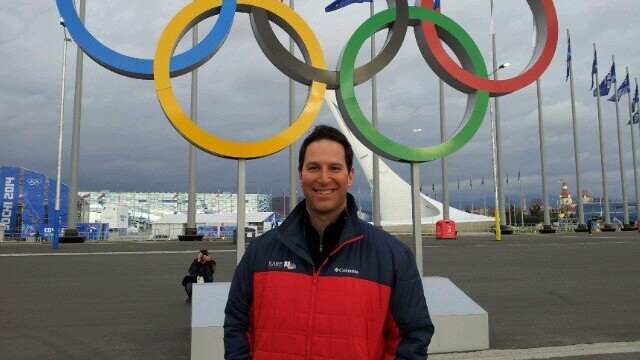Every week, I shine the spotlight on some of the best storytelling in the business and offer my comments. “3 Great Stories of the Week” will post every Monday at 8 AM.
When I first started this blog, I felt nervous about this particular segment.
Would I be able to find “3 Great Stories” every week? Stories that would offer me a new perspective on a familiar subject? Stories that would hit me emotionally as well as informationally? Stories that I would want to share even if I did not write a weekly column about them?
(In the first installment of this segment, you may recall, I only found two great stories.)
As this blog rolls into its seventh month, I am no longer nervous.
In fact, writing this segment is now one of my favorite parts of the week.
I have developed a process and rhythm for finding and absorbing great content. I subscribe to various RSS feeds and bookmark stories that pique my interest. I try to read and watch whatever I can during the week, but knowing how busy I often feel, I typically wind up waiting until the weekend to look at the bulk of the stories.
I love that part.
I love sitting down at my computer, clicking on story after story — print, video, audio, and otherwise — and taking them all in.
Between our busy schedules, our dwindling attention spans, and our penchant for the quick and brief over the measured and deep, we often now have to work to find great storytelling. But amidst the flood of information bombarding our minds, I am constantly flooded by powerful stories.
And I appreciate that such storytelling is still out there, in abundance, waiting to be seen.
Man and Superman (9/6/13, The New Yorker): For all the attention Malcolm Gladwell gets for his books, I still tend to prefer him in small doses.
At least, doses smaller than books.
In this case, Gladwell submits another powerful thinker about the blurred lines of athletic doping. He examines our castigation of Alex Rodriguez and Lance Armstrong amidst our reverence for Kenyan runners, who Gladwell finds are genetically predisposed to succeeding at the sport, and Tommy John, who thrived in Major League baseball largely thanks to bionics. At what point does science end and cheating begin?
I, for one, believe cheating begins once somebody breaks a rule. But Gladwell takes on the rules themselves. In doing so, he offers a beautiful example of how to cover a current news story with in-depth, well researched perspective.
(more…)
